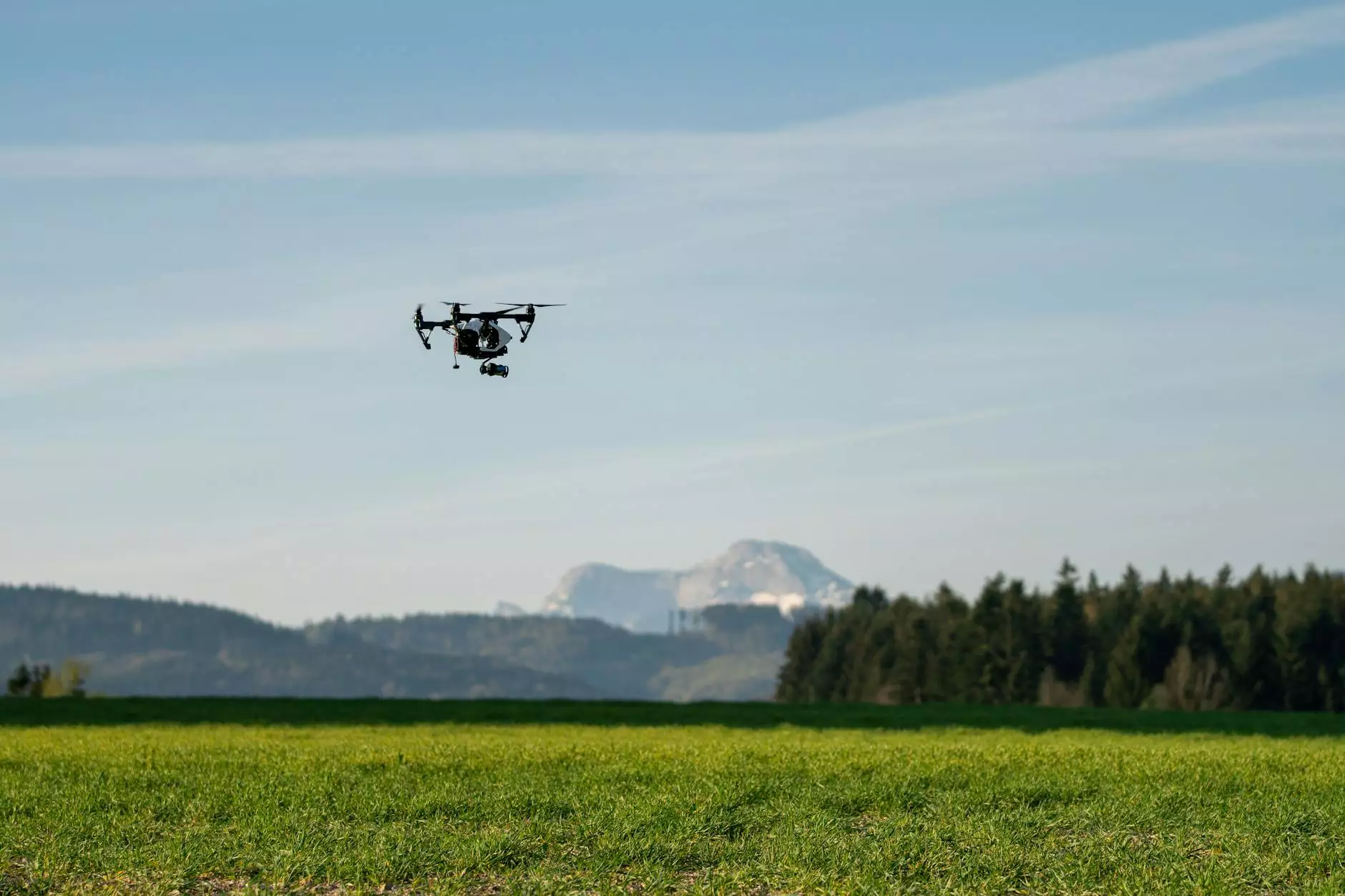The Advantages of Using Drones for Agronomists

Аgronomy is a pivotal area in the realm of agriculture, playing a crucial role in maximizing crop yield and ensuring sustainable farming practices. One of the latest technological advancements that have revolutionized the way agronomists work in the field is the use of drones. Drones, known as "дроны для агрономов" in Russian, offer a myriad of benefits that have significantly enhanced the efficiency and effectiveness of agricultural practices.
Enhanced Crop Monitoring and Management
Drones equipped with advanced imaging technology provide agronomists with a bird's eye view of their fields, allowing them to monitor crop health, detect crop diseases, and identify nutrient deficiencies. This real-time data enables agronomists to make informed decisions promptly, leading to proactive crop management strategies.
Precision Agriculture
By utilizing drones, agronomists can implement precision agriculture techniques, which involve customized interventions based on specific areas within a field. Drones can deliver highly accurate data on soil variation, moisture levels, and crop performance, enabling agronomists to apply resources more efficiently and reduce environmental impact.
Time and Cost Savings
The use of drones in agronomy results in significant time and cost savings. Traditional methods of crop monitoring and scouting are labor-intensive and time-consuming. Drones can cover large areas of farmland quickly and efficiently, allowing agronomists to focus on data analysis and decision-making rather than manual fieldwork.
Environmental Benefits
Drones contribute to environmentally sustainable agricultural practices by minimizing the need for chemical inputs and optimizing resource utilization. By precisely targeting areas that require intervention, agronomists can reduce pesticide use, fertilizer runoff, and water waste, leading to a more eco-friendly approach to farming.
Data-Driven Decision Making
The data collected by drones provides agronomists with valuable insights into crop performance and field conditions. By analyzing this data, agronomists can tailor their recommendations and interventions to address specific challenges, optimize crop yield, and maximize profitability for farmers.
Future Potential and Innovation
The field of drone technology is evolving rapidly, with ongoing advancements in sensor capabilities, data processing algorithms, and autonomous flight systems. Agronomists can look forward to even more sophisticated tools that will further streamline agricultural practices, improve crop outcomes, and drive sustainable food production.
Conclusion
The integration of drones into agronomy has undoubtedly revolutionized the way farmers and agronomists approach crop management. With their ability to provide real-time data, enhance precision agriculture techniques, save time and costs, promote environmental sustainability, and enable data-driven decision-making, drones have become an indispensable tool in modern agriculture. As technology continues to advance, the future of agronomy with drones holds promising possibilities for increased efficiency, productivity, and sustainability.
For more information on how drones can benefit agronomists, visit a-drones.com, your premier source for cutting-edge electronics, IT services, and drone solutions.
дрон для агронома


